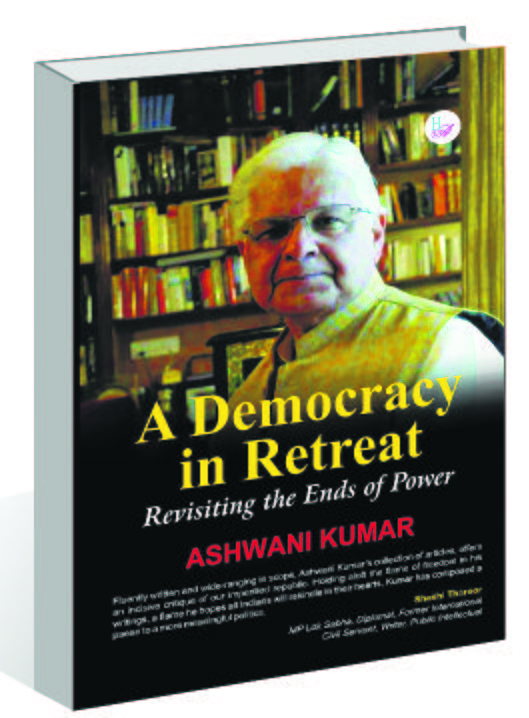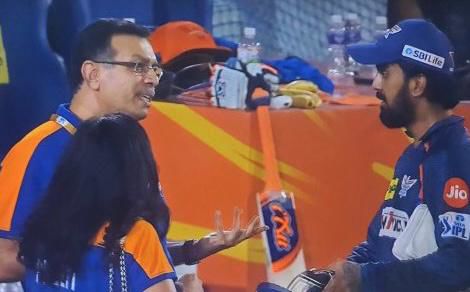A Democracy in Retreat: Revisiting the Ends of Power by Ashwani Kumar. Har Anand Publications. Pages 221. Rs 795
Book Title: A Democracy in Retreat: Revisiting the Ends of Power
Author: Ashwani Kumar
Shelley Walia
The back-sliding of democracy, manifest in the rising power of authoritarianism as in China and Russia, or the offsetting of liberal institutions across the world, including India, stresses the defence of fundamental values of equality, law and freedom against encroachment of the State. In this scenario, Ashwani Kumar’s ‘A Democracy in Retreat: Revisiting the Ends of Power’ is a timely dissection of the complexity and contradictions of the democratic world.
Focusing mainly on the idea of a troubled democracy, Kumar, the former Union Law Minister, refuses to give in or give up his passion for reinforcing democratic institutions in these “meditations on recurring questions about the quality and future of India’s constitutional democracy”. The present state of our democracy where, in the words of Kumar, “the nauseating puerilities of the people’s representatives have denuded Parliament of its institutional sanctity”, compel a recognition of the dignity of people.
Kumar underscores the “faltering record of institutional leaders as custodians of the constitutional principle” and laments “the debilitating political processes that undermine personal and institutional integrity, robbing democratic politics of its moral appeal”.
Collectively, the essays are a telling commentary on the various aspects of policies and politics in India, the role of the Opposition and its inadequacies in charting a visionary narrative for the future, the function of judiciary in upholding the Constitution, and in the mixed record of democratic institutions in empowering the marginalised. The essays present a clarion call for imagining a different world — just, fair-minded and caring; and to fight for it.
That Kumar’s heart beats for farmers is evident from his published pieces about the unconscionable bulldozing of farm laws despite the nationwide protests of farmers. His commitment to constitutionalism and the legal due process is reflected in his condemnation of lynchings in the sacrilege case. His reprimand of the judiciary in its verdict on Stan Swamy, or on the issue of custodial deaths, is a timely contribution to the literature on human rights. Kumar has brilliantly analysed the democratic deficit and shows the way forward in the resurrection of elevating leadership. Pratibha Patil, former President, writes in her Foreword: “Ashwani Kumar’s writings exhibit a passionate concern for transformative leadership which can carry the burden of our times.” His analysis of the dilemma of democracy is an awakening call for the restoration of not only civil society, but also the constitutional proprieties so sacrosanct to the people who cherish freedom and justice.
With his lifelong schooling in politics, he has consistently sworn by the values of constitutional democracy with a certain finesse of a gentleman politician. Despite touches of despair in his essays, he remains optimistic in the future of democracy and is hopeful of a fair and caring world, unblemished by authoritarian impulses.
For Kumar, the role of the State is vital for the enforcement of liberal principles and welfare of the deprived masses. He has, therefore, supported the apex court verdict in extending reservations to the economically weaker sections of the upper classes. To him, “the debasing impact of poverty on human dignity is caste neutral”.
While everyone may not agree with some of Kumar’s assumptions, and indeed some may charge him with political preferences and a utopian dream, none can question the quality of scholarship.














